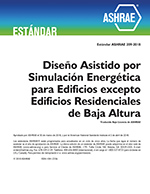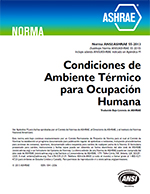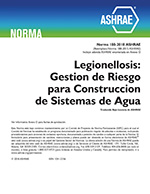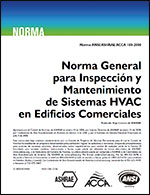Description
The purpose of this work is to compare conventional control and proposed newcontrol methods to determine the energy savings in a HVAC space. The conventionalmethod consists of a temperature control (thermostat) and a humiditycontrol (humidistat) operating independently to keep the room at a comfortpoint. The new method consists of controlling temperature, humidity, and velocitysimultaneously to keep the room at the comfort region recommended byASHRAE and to minimize the corresponding energy expenditure. The method implementsstatic and dynamic optimization schemes and includes the interdependenceof those three parameters. The theory of optimal control was utilized to developthe new control policies.
The results include percent savings realized by the proposed control system as compared with that of conventional control systems. A fair comparison of two methods under a common basis is demonstrated by experiments.
Citation: ASHRAE Transactions, Volume 88, Part 2, Toronto, Canada
Product Details
- Published:
- 1982
- Number of Pages:
- 14
- File Size:
- 1 file , 780 KB
- Product Code(s):
- D-TO-2714




